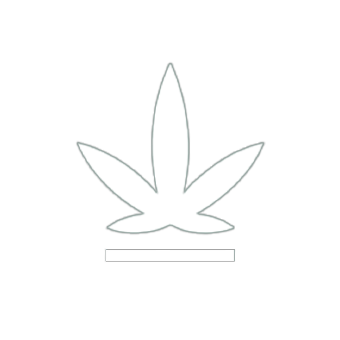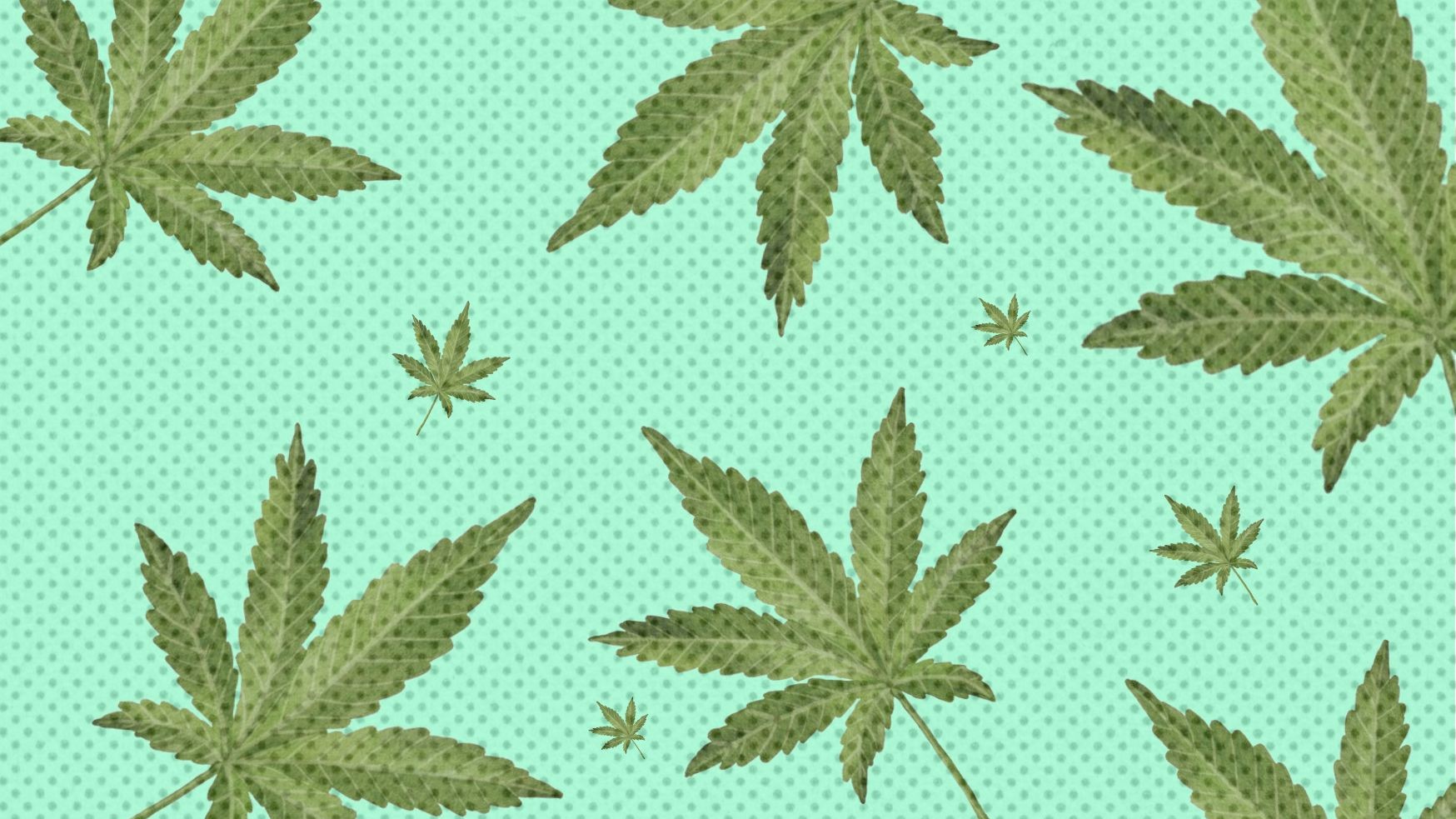While both are derived from the same plant, they possess distinct properties and effects. Understanding the differences between CBD and THC is crucial for individuals seeking to navigate the world of cannabis products for medicinal or recreational purposes.
Chemical Structure:
CBD and THC are both cannabinoids, but their chemical structures differ, leading to varied effects on the human body. THC is psychoactive, meaning it binds with receptors in the brain and central nervous system, resulting in the “high” commonly associated with cannabis use. On the other hand, CBD is non-psychoactive and does not produce the same euphoric effects.
Psychoactive Effects:
The primary distinction between CBD and THC lies in their psychoactive effects. THC is renowned for its ability to induce a sense of euphoria, altered perception of time, and an enhanced sensory experience. This psychoactive quality is what makes THC the compound responsible for the recreational use of cannabis. In contrast, CBD does not produce any intoxicating effects, making it an attractive option for those seeking therapeutic benefits without the altered state of consciousness associated with THC.
Medical Applications:
Both CBD and THC have shown promise in the field of medicine, but their applications differ. THC is commonly prescribed for conditions such as chronic pain, muscle spasms, and nausea associated with chemotherapy. Its psychoactive properties can also help alleviate symptoms of conditions like anxiety and depression in some individuals. CBD, on the other hand, is often used for its anti-inflammatory, analgesic, and anxiolytic properties without the accompanying high. It has been explored for the treatment of epilepsy, anxiety disorders, and as a potential neuroprotective agent.
Legality:
The legal status of CBD and THC varies across different regions and countries. While CBD derived from hemp with less than 0.3% THC is legal in many places, THC remains a controlled substance in numerous jurisdictions due to its psychoactive effects. The legality of cannabis products depends on the specific regulations of each region, and it is crucial for consumers to be aware of the laws in their respective areas.
Side Effects:
While both CBD and THC are generally well-tolerated, they can produce side effects in some individuals. THC is more likely to cause side effects such as increased heart rate, dry mouth, and impaired coordination. CBD, on the other hand, tends to have fewer side effects, with some people reporting mild issues like fatigue, changes in appetite, or diarrhea.
In summary, CBD and THC are two distinct cannabinoids with different chemical structures, psychoactive effects, medical applications, legal statuses, and potential side effects. Whether seeking relief from medical conditions or exploring recreational cannabis use, understanding the differences between CBD and THC is essential for making informed choices. As research continues to unravel the complexities of these cannabinoids, individuals can make educated decisions about incorporating them into their lifestyles.




